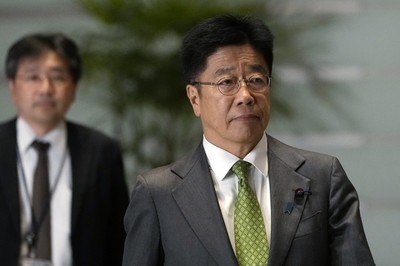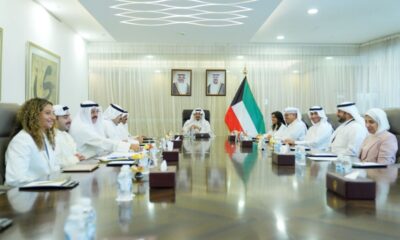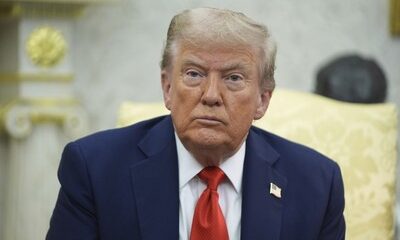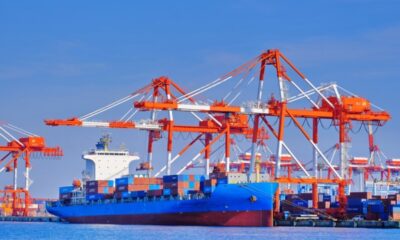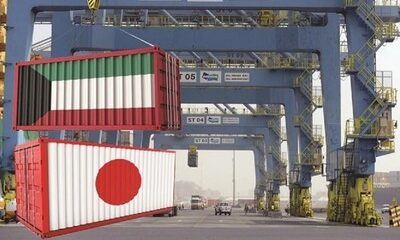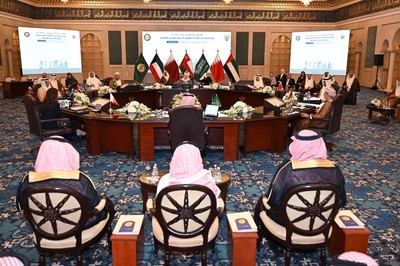Finance Minister Katsunobu Kato arrives at the prime minister’s office on Nov 11, 2024, in Tokyo. (AP)
WASHINGTON, May 6, (AP): Just as Japan’s top trade negotiator traveled to Washington for another round of tariff talks last week, a bipartisan delegation bearing the name of “Japan-China Friendship” wrapped up a visit to Beijing. A week earlier, the head of the junior party in Japan’s ruling coalition was in Beijing delivering a letter from Japanese Prime Minister Shigeru Ishiba addressed to Chinese President Xi Jinping.
Details of the letter are unknown, but the two sides discussed U.S. tariffs in addition to bilateral issues. Among all US allies being wooed by Beijing in its tariff stare-down with Washington, Japan stands out. It is a peculiar case not only for its staunch commitment to its alliance with the United States but also for its complicated and uneasy history with the neighboring Asian giant – particularly the war history from the 20th century that still casts a shadow over the politics of today. “On one hand, they are neighbors and they are important economic partners.
There’s a lot that connects Japan and China,” said Matthew Goodman, director of the Greenberg Center for Geoeconomics at the Council on Foreign Relations. “But on the other hand, I think there are limits to how far they’re going to lean into China.” While Japan won’t walk away from its alliance with the United States, the linchpin of the Asian country’s diplomacy and security policies, “it’s also true that the tariffs and uncertainty that Trump has created for Japan is really shaking things up in Tokyo,” Goodman said.
Last month, President Donald Trump announced a 24% tariff on Japanese goods in a sweeping plan to levy duties on about 90 countries. The White House has since paused the tariffs but a 10% baseline duty on all countries except China, allowing time for negotiations. Still, Trump’s 25% tax on aluminum, steel and auto exports have gone into effect for Japan.
The tariff moves, as well as Trump’s “America First” agenda, have cast doubts among the Japanese if the United States is still a dependable ally, while China is rallying support from tariff-threatened countries – including Japan. When Tetsuo Saito led Japan’s Komeito Party delegation to Beijing in late April, China hinted at difficulty in its tariff dispute with the United States, signaling its willingness to improve ties with Tokyo.
An unnamed senior Chinese official said his country was “in trouble” when discussing Trump’s 145% tariff on Chinese products, according to Japanese reports. Saito’s visit was soon followed by that of the bipartisan delegation of Japan-China Friendship Parliamentarians’ Union. Zhao Leji, Beijing’s top legislator, told the delegation that China’s National People’s Congress would be “willing to carry out various forms of dialogue and exchanges.”
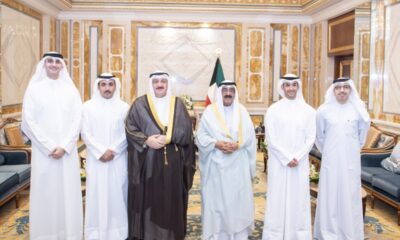
 Latest News21 hours ago
Latest News21 hours ago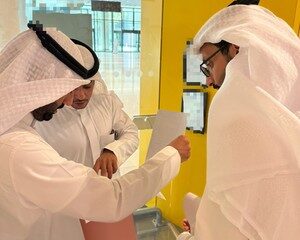
 Politics22 hours ago
Politics22 hours ago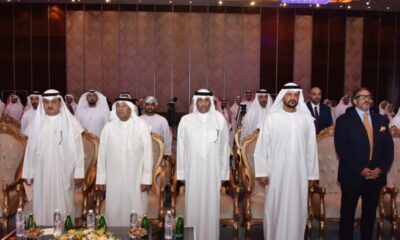
 Latest News24 hours ago
Latest News24 hours ago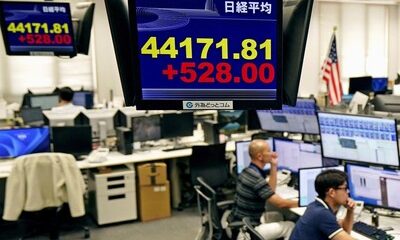
 Business22 hours ago
Business22 hours ago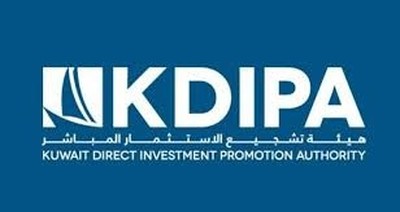
 Business20 hours ago
Business20 hours ago
 Politics20 hours ago
Politics20 hours ago
 Latest News11 hours ago
Latest News11 hours ago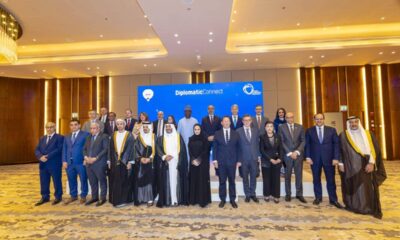
 Latest News22 hours ago
Latest News22 hours ago
